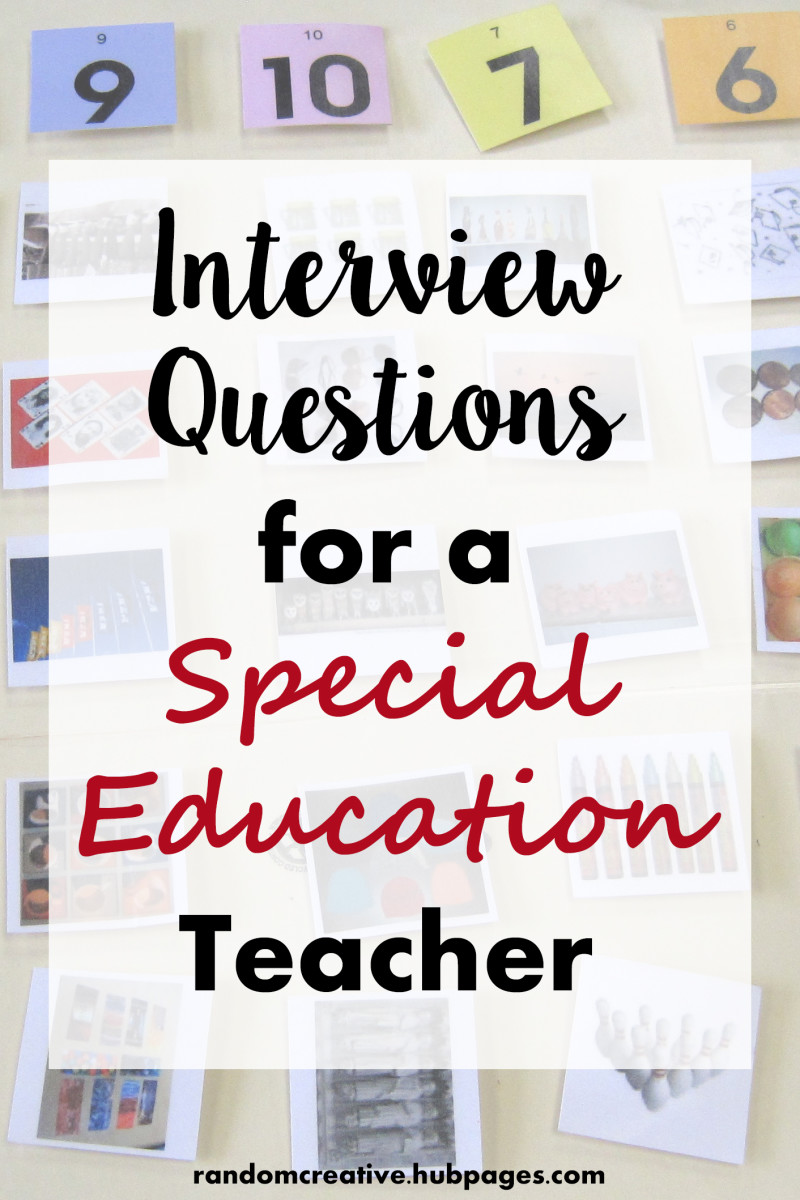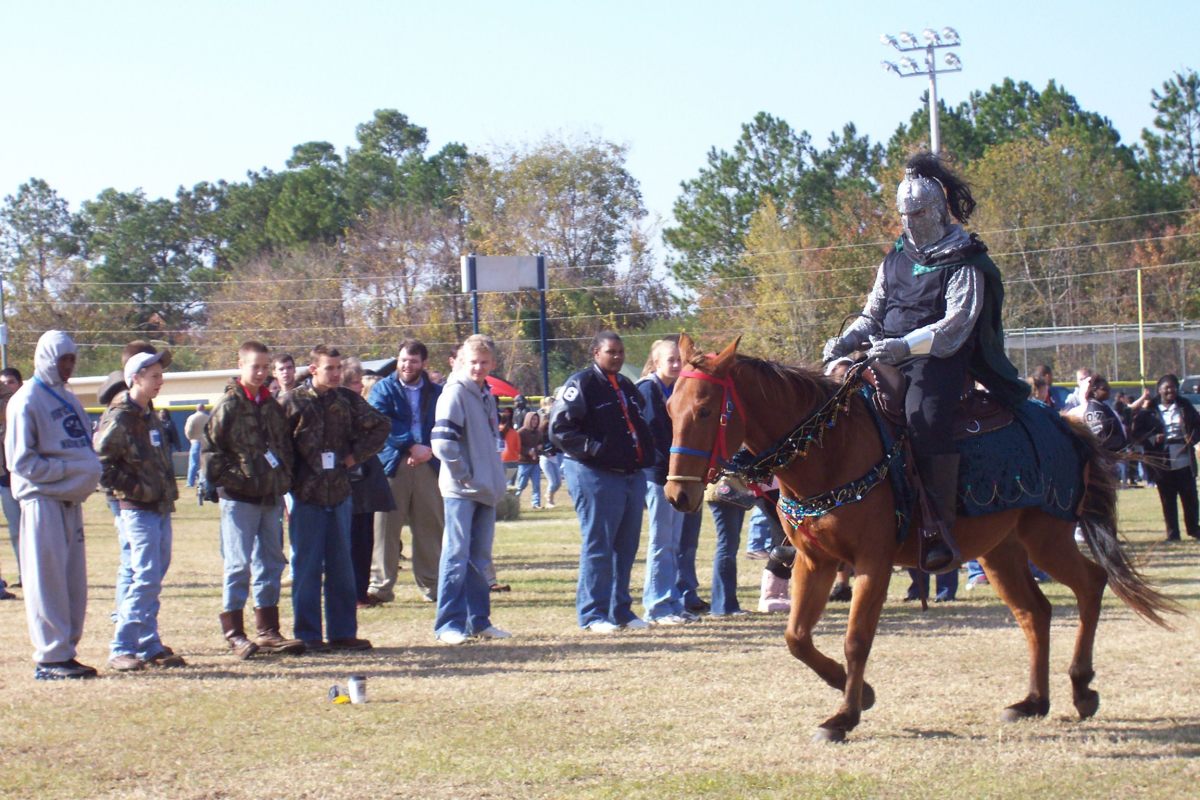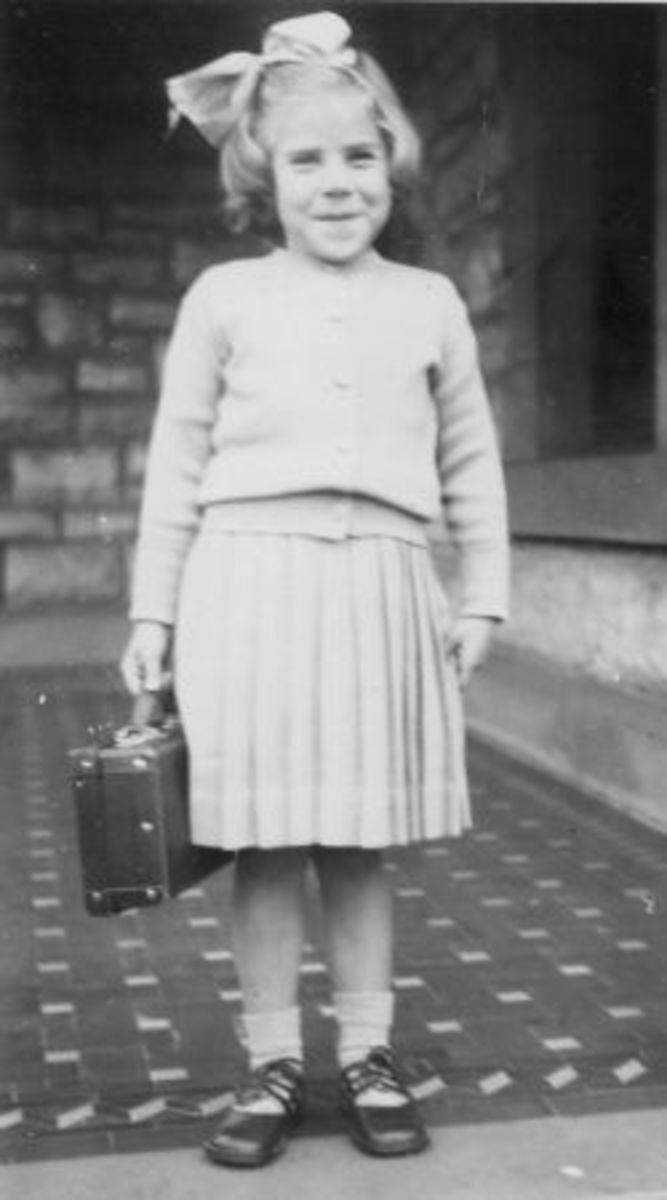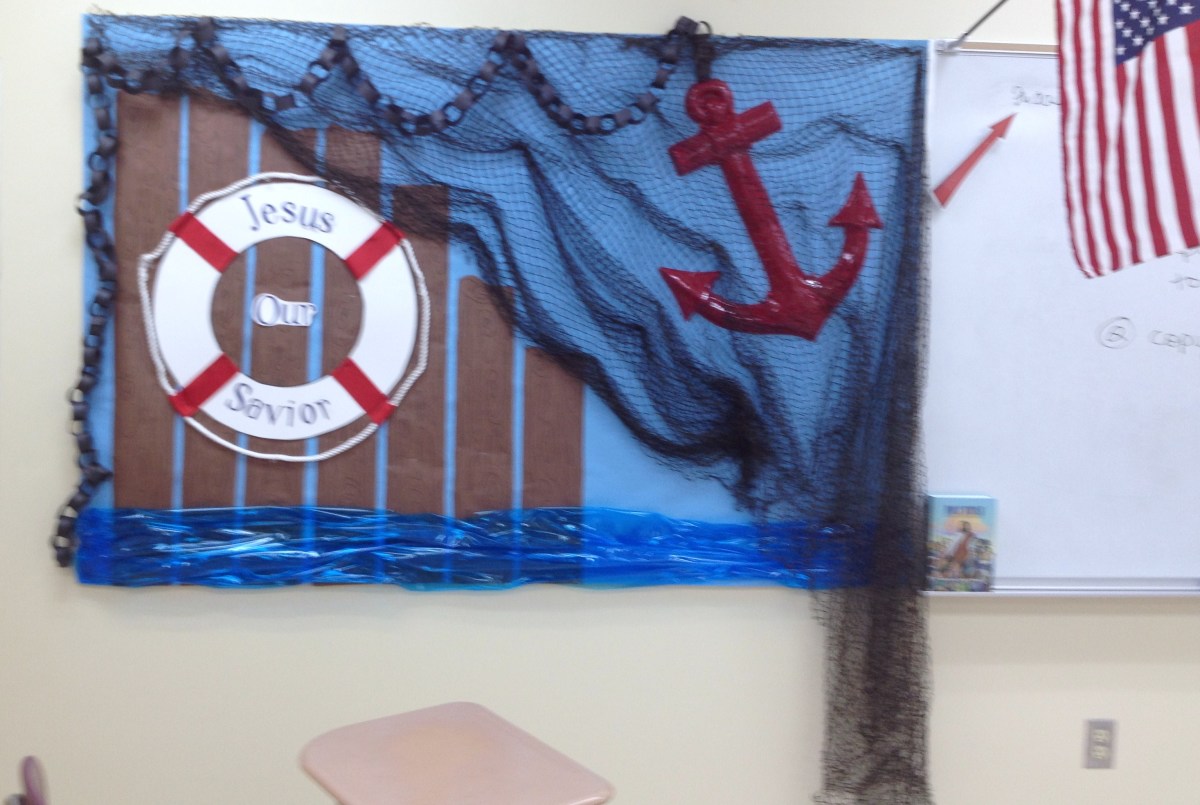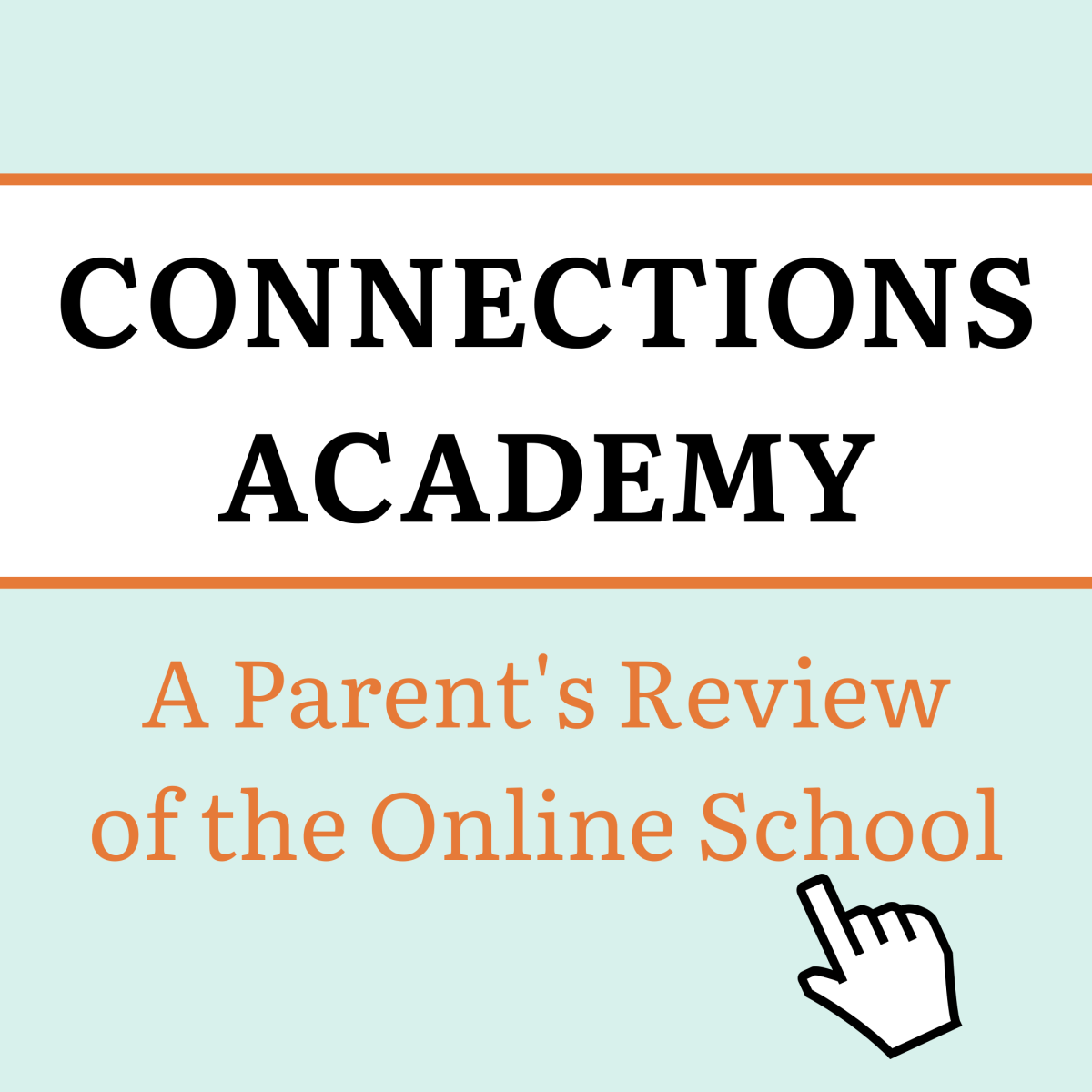Summary, Response, and Review of Walking Trees by Ralph Fletcher
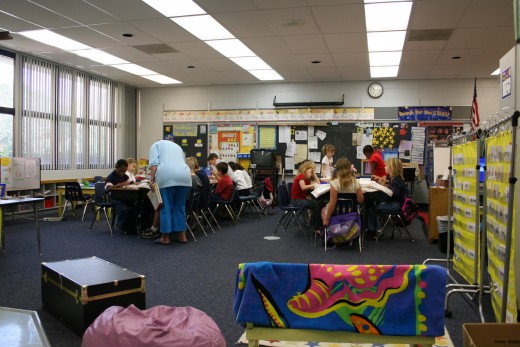
Beginnings of Walking Trees
This book is a good look into the possible problems and surprises one might run into while being a teacher. This was also a good view from above the realm of teachers. Rather than being a story from teachers about the public school system, it is a story about teachers in the public school system. It is a unique perspective. You can see and relate to the problems Mr. Fletcher runs into in these schools. The different teacher archetypes that are present in the story are great. There are the great teachers that are receptive to anything presented to them and are willing to try and to learn new things and reject things if they aren’t working or aren’t as efficient. You have the ancient teachers who could run the class blindfolded. They know what they are doing because they’ve been doing it for years and don’t intend to change. Sometimes this can be dangerous. Especially if the teacher is allowing the students to get out with an ‘A’, but not really learn anything. I remember this teacher. I could sit through the class just as numb as the teacher was. I would get an ‘A’ and miss any learning. In the high school setting, learning was a bit easier with the internet readily available. If there was something that sparked my interest, I could look it up on Wikipedia and find a few more supporting websites and be an expert on it in a night. There is the teacher with good intentions, but doesn’t really accomplish much. The teachers in his book run the gamut from good, to bad, to ugly. The students, however, are generally the same. They are willing to learn, energetic, excited to write, and very willing to write. The writing process seems to succeed when the teacher, not the students, are willing for it to work. The teacher has to be the receptive one in the process, and the students benefit a lot from the process. The students showed great work and great ideas throughout the book’s many examples of student writing. It was refreshing to see unrestrained personal writing examples throughout the book, instead of just being told what was happening to the students. It was interesting, but not surprising, that the students chose to explore death, quite a lot, in their writing. It is a very powerful topic, and is constantly reminded to people, even small children, that we are all going to die at some point.
Personal Thoughts on Walking Trees
As a student, I was never very aware of the principal’s presence. Other than the occasional “Don’t do meth” or “Sex is bad” assembly in the gym, I never really even saw the guy. How Fletcher described the state of the principal being a reflection of the school itself was somewhat eye opening. I never really thought of the principal as someone who runs anything in the school. He was just the guy you had to go talk to if you got in big trouble. Seeing the principal from the perspective of either being a friend or an enemy is intriguing. The way the teachers acted depended on the principal’s outlook of the students, the school system, and the teachers. A good principal was one that was compassionate, really wanted the students as well as the teachers to learn, was willing to make changes, accepted that there were good and bad teachers, and dealt with students with care. If the principal was good, the school ran well. If they were a poor principal, the school was generally not run well. There were several examples of this with the principal who would make it out of school before the students, and would constantly interrupt classes to interfere. The good principals generally had good teachers and the school was an extremely productive place. The teachers were willing to learn more about the new writing process that Fletcher was attempting to introduce to them.
Most of the teachers Mr. Fletcher encountered were receptive of his teachings and ideas. The teachers who were more resilient Mr. Fletcher portrayed in a negative light. The teacher, Eleanor Bosch, was not willing to let any of Mr. Fletcher’s ideas permeate her classroom. Mr. Fletcher portrayed her as a terrible person and teacher. While she was a little bull-headed, it was a little harsh to portray her so negatively in this book. Some teachers are just set in their ways so much that there is no convincing them that there may be a better way to teach something. It’s hard to convince someone so set in their ways new things. Because of this struggle, he decided to describe her in an extremely negative and almost rude manner. I felt this was a little out of place in this book. Even though Fletcher called everything like he saw it, this could have been dealt with a little differently.
This was a good story, and there is a lot to be learned from Mr. Fletcher’s experiences in these New York City schools. There are some obvious lessons that he wants us to learn. He really believes in the writing process. He feels that this is one of the best ways to get students writing, and writing lots. This process favors quantity of work first then drafting and editing. He wouldn’t have been teaching this style of teaching if he didn’t believe in it. Second, he wants us to take away the idea that change in a school system is slow like the walking trees in the girl’s story. He also wants us to take away that some of the best teachers are still learners. I’m pretty sure I’ve heard that phrase thrown around in this class a few times before, and this book just reiterates that point. If you are going to become a teacher, please love kids. I think he makes this point by showing a few teachers who legitimately don’t like children and don’t like their students. There are also some non-teaching related life lessons in here as well. As Fletcher discusses his life you can see that even though it was all falling apart for him, he stuck with what he felt was right. In the end this made him more happy than if he had taken (or stayed with) the easy road.
Conclusion
All-in-all this is a well written book and it is also a good influence for future teachers of any type. The way he gets thrown into the realm of public schools, not as a student, but a teacher of teachers is an interesting perspective of the public school system and its health. It is a little outdated, being set in the 80’s, but it is still a very relevant book. The writing process in this book goes over a lot of the theoretical ideas of Elbow, Atwell, Calkins, and others. I’m glad to have read this during this class. It is a good look at some of the ideas and theories we have learned, in action. This is a wonderful supplement to the works of those writers mentioned above.
Source




